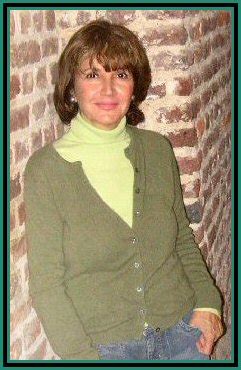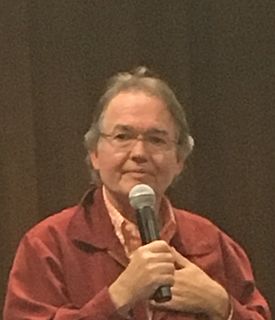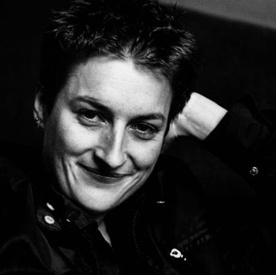A Quote by L. Jon Wertheim
Maria Sharapova is her own empire. She herself personally makes more in revenue than the entire WTA tour.
Related Quotes
The universal nature has no external space; but the wondrous part of her art is that though she has circumscribed herself, everything which is within her which appears to decay and to grow old and to be useless she changes into herself, and again makes other new things from these very same, so that she requires neither substance from without nor wants a place into which she may cast that which decays. She is content then with her own space, and her own matter, and her own art.
That girls should not marry for money we are all agreed. A lady who can sell herself for a title or an estate, for an income or aset of family diamonds, treats herself as a farmer treats his sheep and oxen--makes hardly more of herself, of her own inner self, in which are comprised a mind and soul, than the poor wretch of her own sex who earns her bread in the lowest state of degradation.
Charity never lacks what is her own, all that she needs for her own security. Not alone does she have it, she abounds with it. She wants this abundance for herself that she may share it with all; and she reserves enough for herself so that she disappoints nobody. For charity is perfect only when full.
Yet there were times when he did love her with all the kindness she demanded, and how was she to know what were those times? Alone she raged against his cheerfulness and put herself at the mercy of her own love and longed to be free of it because it made her less than he and dependent on him. But how could she be free of chains she had put upon herself? Her soul was all tempest. The dreams she had once had of her life were dead. She was in prison in the house. And yet who was her jailer except herself?
My mother didn't feel sorry for herself, she was left with no child support, no alimony at a very young age, with a child to raise, a high school education and she just figured it out. She didn't complain, she didn't rely upon government, she relied upon her own skill set, her own self confidence, her own drive in moxie and her own duty to me and her and she relied upon her family and her faith.
When a man can listen to a woman's feelings without getting angry and frustrated, he gives her a wonderful gift. He makes it safe for her to express herself. The more she is able to express herself, the more she feels heard and understood, and the more she is able to give a man the loving trust, acceptance, appreciation, admiration, approval, and encouragement that he needs.
A queen is wise. She has earned her serenity, not having had it bestowed on her but having passer her tests. She has suffered and grown more beautiful because of it. She has proved she can hold her kingdom together. She has become its vision. She cares deeply about something bigger than herself. She rules with authentic power.
There was a warmth of fury in his last phrases. He meant she loved him more than he her. Perhaps he could not love her. Perhaps she had not in herself that which he wanted. It was the deepest motive of her soul, this self-mistrust. It was so deep she dared neither realise nor acknowledge. Perhaps she was deficient. Like an infinitely subtle shame, it kept her always back. If it were so, she would do without him. She would never let herself want him. She would merely see.
But Laila has decided that she will not be crippled by resentment. Mariam wouldn’t want it that way. ‘What’s the sense?’ she would say with a smile both innocent and wise. ‘What good is it, Laila jo?’ And so Laila has resigned herself to moving on. For her own sake, for Tariq’s, for her children’s. And for Mariam, who still visits Laila in her dreams, who is never more than a breath or two below her consciousness. Laila has moved on. Because in the end she knows that’s all she can do. That and hope.
She realized how many of her beliefs were either unrealistic or belonged to her deceased parents and her ex-husband. She also realized that her expectations for herself and others were sometimes too rigid. She was trying to live up to what everyone else said was best for her, which made her depressed and hard to be around at times. Once she changed her beliefs about herself and others, she began to smile more and enjoy life.

































